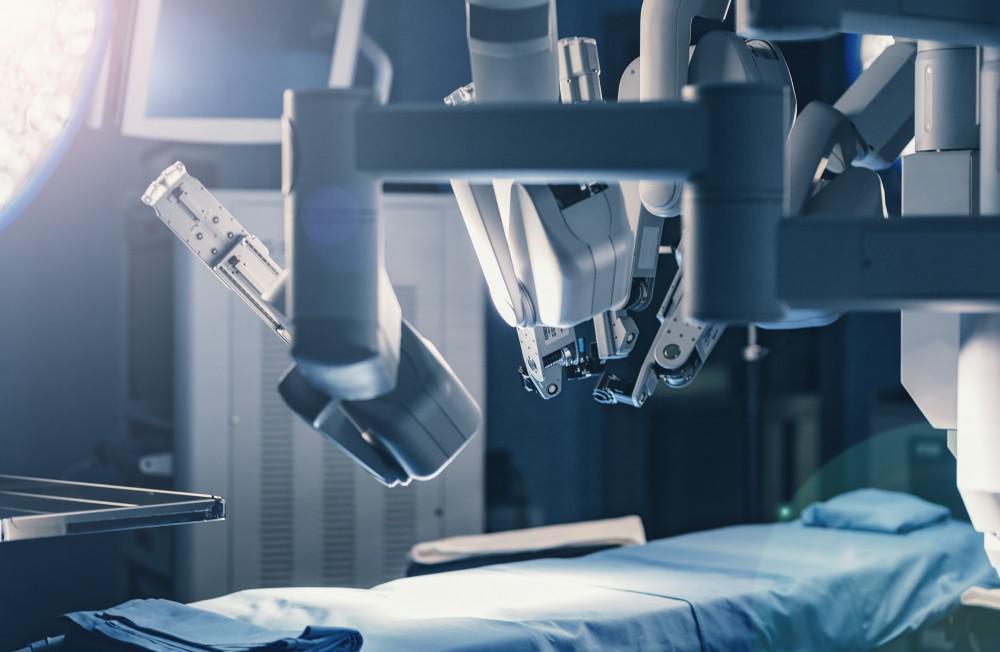Maria Palafox, MD
In the past, surgeons have relied primarily on open surgery, which requires a significant incision made with a scalpel. Although open surgery is an effective way for a surgeon to access your organs and internal structures, it is quite invasive.
Today, doctors can perform many surgeries using minimally invasive techniques that don’t require large incisions. Laparoscopic surgery is a type of procedure performed through small incisions. In some cases, surgeons can use robotic surgical tools to perform complicated procedures through the tiniest of cuts.
Dr. Maria Palafox, a highly skilled general surgeon in San Antonio, Texas, uses minimally invasive surgical techniques and robotic surgical procedures whenever possible. Read on to learn more about the benefits that robotic surgery can provide.
How robotic surgery works
Robotic surgery uses tiny tools attached to a robotic arm that Dr. Palafox controls with a computer. She inserts these instruments into your body through very small incisions. She also inserts a thin tube with a camera and a light that allow her to see inside your body.
The computer allows Dr. Palafox to direct the action of the robotic surgical instruments. A computer translates her commands into movements of the instruments within your body.
Robotic-controlled instruments can operate with greater flexibility than the human hand. These “wristed” instruments, which bend and move in ways the human hand can’t, allow Dr. Palafox to operate with increased control and precision.
One of the myths about robotic surgery is that the robot or computer performs the operation. This is false. Although technology assists Dr. Palafox, she is always in full control of the surgical instruments.
Benefits of robotic surgery
Because robotic tools are so tiny, they require far smaller incisions than traditional open surgery. As a result, robotic surgery performed laparoscopically results in a range of potential benefits, including:
- Faster recuperation time
- Fewer side effects
- Less blood loss
- Less post-operative pain
- Less reliance on pain medications after surgery
- Lower risk of infection
- Fewer stitches at the incision site
- Shorter hospital stay
- Smaller scars
Robotic procedures
In many cases, Dr. Palafox can use robot-assisted laparoscopic surgical techniques for the following conditions:
- Gallbladder removal
- Hernia repair
- Some types of hemorrhoid removal
- Appendectomies
- Some types of breast surgery
The best surgical approach for you
Dr. Palafox is a highly skilled surgeon trained in the most cutting-edge techniques, including laparoscopic and robotic surgery. She is happy to offer these advanced techniques to her patients in the San Antonio area.
To schedule a consultation, call Dr. Palafox’s office or use the quick messaging tool.





Recent Comments